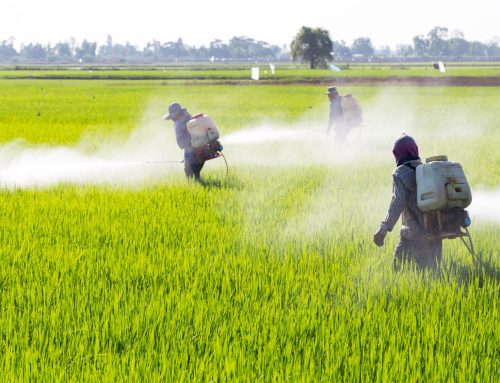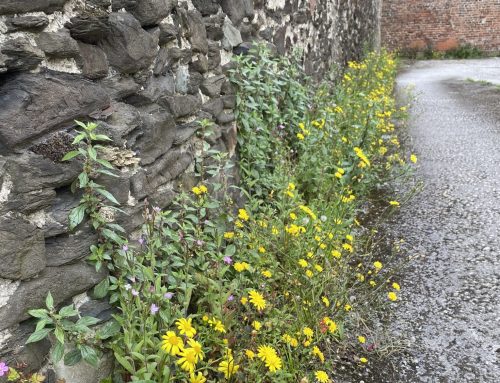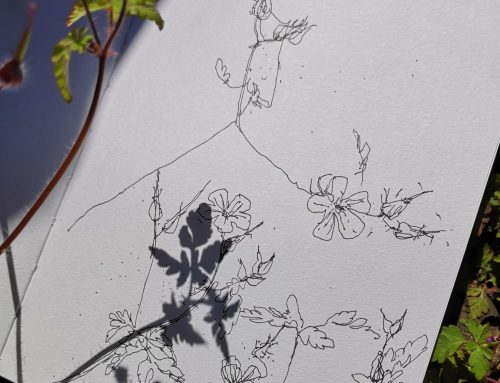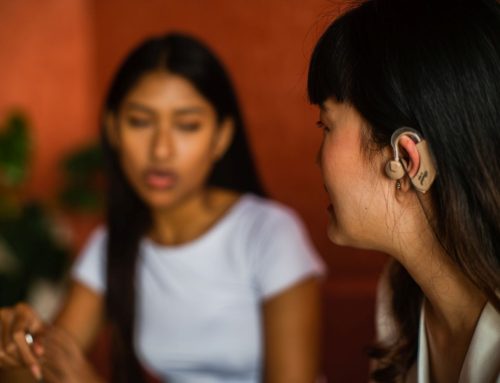Written by Barbara Dinham, a long-time friend, colleague and former Director of PAN UK.
Dorothy Myers, who died aged 88 in May 2025, was a pioneering environmentalist who played an influential role in pesticide policies over the last 40 years. She was a founder of Pesticide Action Network UK (established as Pesticide Trust in 1986) and from 1994-2000 she shaped and developed our work to make cotton farming pesticide-free.
Like many environmentalists, Dorothy was drawn to challenge pesticide problems by Rachel Carson’s influential 1962 book Silent Spring. Living in Kenya in the late 1960s and early 1970s, she helped establish the Environment Liaison Office (later ELC International), mandated by the United Nations as the civil society link to the Nairobi-based UN Environment Programme.
On returning to the UK in 1982, Dorothy joined the Oxfam Policy and Practice Unit, which had just published Pesticides and the Third World Poor, David Bull’s detailed exposure of pesticide poisonings in developing countries. Along with Circle of Poison by David Weir, these studies led the Malaysian-based International Organisation of Consumers Unions to host the 1982 event in Penang that launched the International PAN.
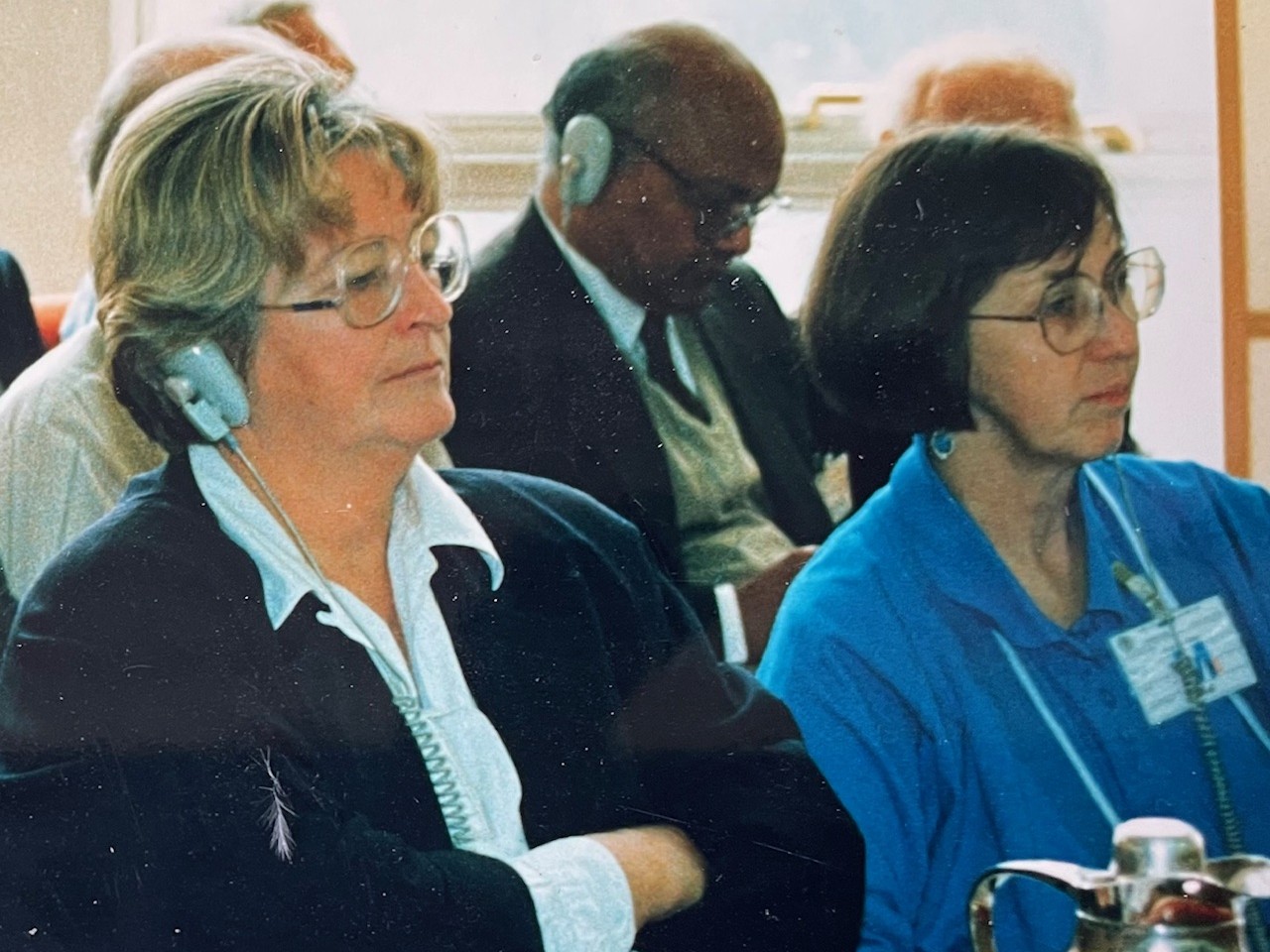
Dorothy Myers (left) and Barbara Dinham at an FAO Conference in 1995.
At Oxfam, Dorothy led advocacy work on the PAN International Dirty Dozen campaign to ban globally a group of 11 highly persistent pesticides damaging health and the environment, and paraquat which was causing hundreds of deaths in developing countries. She wrote briefing papers and advocated with PAN to influence the UN Food and Agriculture (FAO) International Code of Conduct on Distribution and Use of Pesticides. PAN first argued in 1984 that the Code must adopt the principle of Prior Informed Consent (PIC) to ban the export to developing countries of domestically banned pesticides. Sarojeni Rengam, Executive Director of PAN Asia and the Pacific, recalled that 1984 meeting where Dorothy, always collegial in her approach, “took my hand and made me a good lobbyist”. In the late 1980s Dorothy organised and edited the study Missing Ingredients (1989) by local PAN groups which identified pesticides causing death and ill health in developing countries. These pesticides were generally not banned in industrialised countries, and the study forced FAO to take this into account when incorporating PIC in the Code. Over decades the PIC principle was accepted, though weaker than its original concept, to become the legally-binding Rotterdam Convention, ratified in 2004.
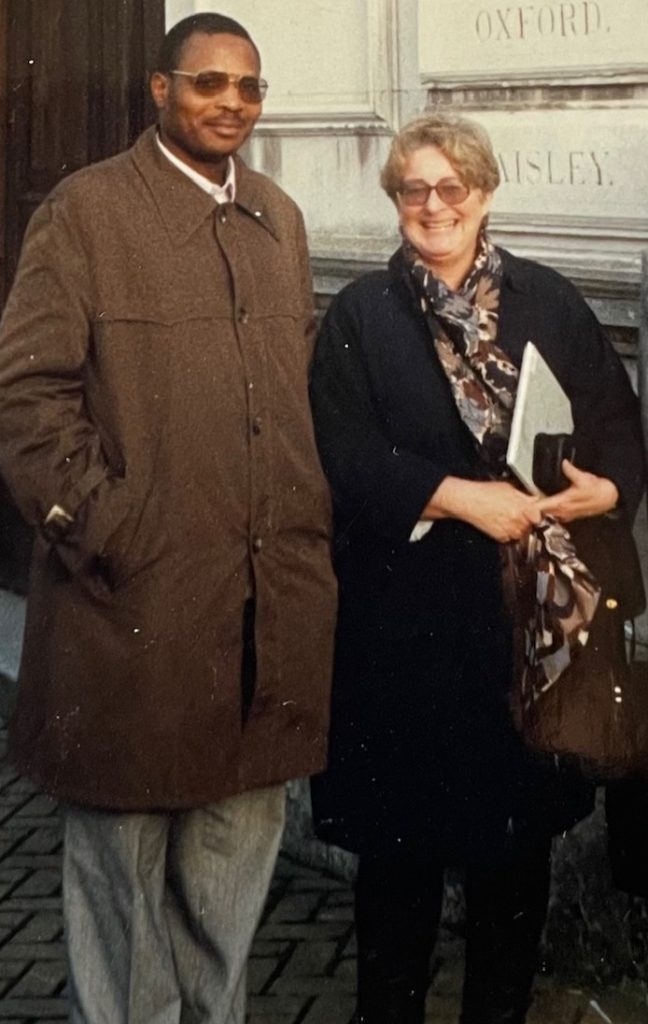
London, 1994. Dorothy Myers (right) and Professor Simplice Davo Vodouhe, Coordinator of OBEPAB, pioneers of organic cotton production in Benin, 1994.
In 1994 Dorothy joined the staff of PAN UK (then Pesticides Trust) to develop and steer our ambitious organic cotton programme. Her ability to turn a concept into concrete action linked support for the West African and other partners who worked with farmers, through the cotton supply chain to textile and fashion companies like Katherine Hamnett and M&S. Her publication, Organic Cotton: From field to final product (1999), edited with Sue Stolton demonstrated the success of the projects, and the importance of considering the whole supply chain. On her cotton work, one African partner reflected that Dorothy was “always available and always helpful; you provided outstanding service to many peoples, farmers, communities and organizations in Africa”. Dorothy retired in 2000, but PAN UK’s commitment to pesticide-free cotton continues to grow as it benefits thousands more farmers and brings organic cotton to the market.


